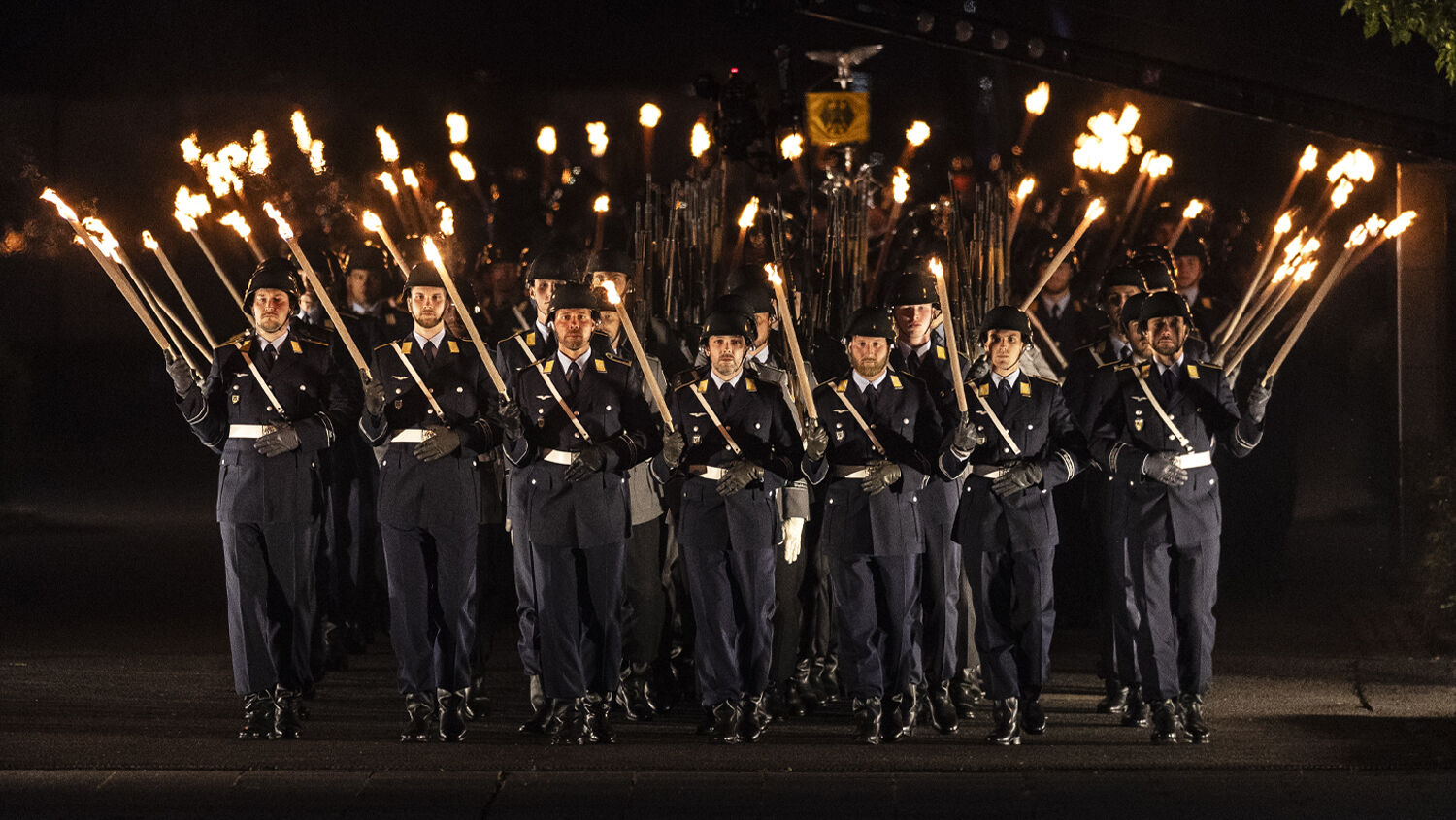
Germany’s Dramatically Rising Military Budget
German Finance Minister Lars Klingbeil declared on Tuesday that German defense spending will hit 2.4 percent of its gross domestic product this year. Following Russia’s invasion of Ukraine in 2022, Germany announced a €100 billion (us$115 billion) special fund to increase its military spending. By 2024, Germany was spending 2 percent of gdp on defense, “making it the biggest spender in Central and Western Europe and the fourth biggest in the world,” Stockholm International Peace Research Institute reported on April 28.
“[W]e will raise defense spending step by step so that we will reach a nato quota of 3.5 percent in 2029,” said Klingbeil. This will bring the defense budget to €153 billion ($177 billion).
On June 25, nato member states agreed to a new defense spending target of 5 percent, split between 3.5 percent for core defense spending and 1.5 percent for related infrastructure by 2035.
Ahead of the nato summit in The Hague, German Chancellor Friedrich Merz told German parliamentarians on Tuesday: “We will decide to invest significantly more in our security. Not to do the United States a favor—but because Russia actively threatens the freedom of the entire Euro-Atlantic area.”
In his first speech as German chancellor on May 14, Merz said that “the government will in the future provide all the financing the Bundeswehr needs to become the strongest conventional army in Europe.”
While Germany’s €100 billion special military fund is set to run out by 2027, parliamentarians agreed in March to exclude any military spending above 1 percent from Germany’s national debt limit.
The rising military spending is driven by fear of Russia and a quest for military independence from the U.S. Observing this trend during the Cold War, the late Herbert W. Armstrong wrote in the April 1980 Plain Truth magazine:
You may be sure the West European leaders are conferring hurriedly and secretly about how and how soon they may unite and provide a united European military force so they can defend themselves! And so they will no longer have to give in meekly to Russia! And who will they blame for their humiliation and their necessity now to have a united Europe, with a united government, a common currency and a common military force as great or greater than either the ussr or the U.S.A.? They will blame the United States!
For decades this forecast seemed inconceivable. Today, however, the European continent is not only sharing a common currency but is also heading toward military and political unity. German military spending by itself is comparable to Russia’s, and the combined spending of European nations is comparable to that of the U.S., especially if its core nations commit to drastically increase spending.
Mr. Armstrong based his warning on a biblical prophecy of a resurrection of the medieval Holy Roman Empire. Both Daniel 2 and Revelation 17 reveal that this empire in the end time would consist of 10 nations or nation-groups led by 10 kings. “And the ten horns which thou sawest are ten kings, which have received no kingdom as yet; but receive power as kings one hour with the beast. These have one mind, and shall give their power and strength unto the beast” (Revelation 17:12-13).
Understanding these prophecies allowed Mr. Armstrong to see what others failed to see. In a Dec. 27, 1981, letter, he wrote: “What the world does not realize is that, under cover, secret planning is proceeding furiously, uncovered by the news media, unknown by the public. But suddenly, unexpectedly, as biblical prophecy reveals, the whole world will be startled and shocked into wonder, to learn that a new third super world power has suddenly burst forth onto the world scene—a resurrection of the medieval Holy Roman Empire ….”
Mr. Armstrong prophesied that Europe’s military rise would be led by Germany. This prophecy is now being fulfilled.
To learn more, request our free booklet He Was Right.
